|
A taut, mean-spirited siege film that is like if Assault on Precinct 13 and Judgement Night had a Canadian baby that loved Home Alone. Works well as a low-budget genre film, amping up the tension as it progresses and showing no reservations about getting gnarly. The juxtaposition of the fascist, homophobe antagonists and their vile masculine ethos with the ragtag group of protagonists provides some interesting subtext about masculinity and socially-defined notions of being strong. Many of the protagonists who find themselves under attack are perceived as weak or disadvantaged by normative society, whether it be across gender (femininity), sexuality (homosexuality), or physical attributes (deafness), and yet they stand their ground against these aggressors who figuratively represent orthodox perspectives of strength and masculinity. Even the set-up and initial conceit - the events transpiring due to a police strike - play into this subtext. The police themselves are merely agents of the state who inevitably serve the interests of the majority to the detriment of the minority. Secondarily, I also appreciated some of this film's eccentricities, particularly this being one of the weirdest and most rad apartment/duplex ever committed to celluloid. I mean, a secret passageway behind the bathroom mirror! Righteous. A great exercise in low-budget genre filmmaking that is perhaps a little underappreciated for its low-key takedown of masculine orthodoxy
0 Comments
Proto-Fast and Furious, Poliziotteschi style! Lacking the same edge and brand of nihilism one is accustomed to seeing from the Italian crime flicks of this era, Highway Drifter is a cops and robbers car movie that is light on plotting and far more interested in vibes. Deploying a fetishistic gaze towards the engineering feat that is the automobile, Highway Drifter wholly embraces orthodox ideals of the masculine ethos. Pride, competition, and camaraderie beyond legality, with cop and criminal sharing an unknowing respect for their mutual love for fast cars and life on the open road. A lot of great car chases and stunt work in this one, an enjoyable experience for anyone that loves vehicular mayhem
Wolfen is a great time-capsule movie of New York that constructs an archetypical detective story as a means to deliver a potent ecological thriller. Interrogates modernity, colonialism, and global capitalism through its expressive display of violence and aggression, using this primal creature's barbaric actions as a means to elucidate the underlying resentment of so many. The iconography of antiquity often exists in the periphery of this film's narrative and emotional thrust; collective indignation manifested in this primal, mythical creature transcends the specificity of culture and speaks to something more grandiose about the artificiality and subjugation of our current socio-economical arrangement. Regardless of the intrinsic ugliness of its aesthetic, Retribution is only accomplished through violence, and Wolfen posits punitive justice is a necessity of the oppressed. Particularly struck by the recurring use of the POV from this creature's perspective. Providing a voyeuristic tension that thrills only feels like the emotional intent. Wolfen is aiming to construct an indigenous gaze that is repeatedly and explicitly a recurring visual device to provide a perspective from those that existed before the rise of our current global economic order. A low-key incisive utilization of the werewolf film that navigates the entanglements of our social order under the oppression intrinsic to the construction of transnational capitalism. From a purely surface-level interpretation, Wolfen offers a lot of cinematic pleasures. Crafting an intriguing crime story with a strong sense of tension throughout, Wolfen also features a great role for Albert Finney and a panoply of endearing character actors (Tom Noonan, Dick O’Neill, James Tolkan) all set against the backdrop of a late 70s/early 80s crumbling New York.
Irreverent action comedy featuring some great fight choreography and a continuous kineticism - like John Wick meets Smokin Aces lol. More audacious than the original from what I can recall, Hitman's Holiday is an improvement in nearly every way. There are more accidents, more blistering fight sequences, and this features a more streamlined no bullshit narrative than its predecessor. Essentially this thing is Adkins forced into protecting a mafioso boss' spoiled, dopey son from an eclectic mix of assassins. One assassin thinks he's a vampire, another is a Clown wielding a cinder-block sledgehammer - you get the idea. While the humor can be a bit hit or miss, the action is consistently stellar and while it certainly won't be for everyone, I can really appreciate how much this film embraces its manic impulses. Who would have thought one of the most gnarly, blood-splattering deaths of the year would come from Accident Man: Hitman's Holiday? A fun time.
An absolutely delirious conception propels Run and Kill, an unhinged nihilistic CATIII film full of tonal variations and abject barbarism that has got to be one of the most subversive family man stories ever committed to celluloid. There is a lot of artistry here amongst its manic rhythms and sweaty, grimy veneer with Bill Tang's direction being aptly modular in its ability to play within and fortify all its tonal variations between kinetic action, somber dramatics, and depraved horror. The difference between life and death is razor-thin in a world in which even the simplest of misunderstandings can lead to complete and utter ruin. Posits Hong Kong as a vast landscape of warring factions all attempting to gain a leg up. A dog-eat-dog world perhaps never more truly realized. Violence begets violence and purely distilled egoism is the only path to survival in a milieu in which nihilism is the settled state of things and the only logical way to interpret this world. Not its intention but also funny to consider this as the most insane PSA related to the dangers of binge drinking lol but honestly I kind of see this thing also as the most subversive film about self-realization and the importance of having self-respect ever made.
Remarkably cohesive and coherent given the sheer scale of the story. The narrative stakes and players of this historical epic of shifting allegiances, betrayal, and the warring factions manages to unfurl in ways that only heightens the sense of intrigue for a viewer like this white boy who wasn't particularly familiar with the historical text. Not quite like anything I've seen from Mani Ratnam to-date, Ponniyin Selvan sees Ratnam operating between various modes of style. Bringing the grand artifice of the spectacle to life with cinematic techniques rooted in kineticism and vibrancy, Ponniyin Selvan also operates among more naturalist cinematic principles in certain quieter moments, balancing the grand artifice on display with a naturalism rooted in what I can only describe as elemental. To be succinct, this is just better and more entrancing than most bland, texture-less spectacle that is unfortunately so prevalent these days in contemporary cinema.
The type of film that is going to draw ire from a specific type of filmgoer who grounds cinema and storytelling in convention and abstract notions of believability but what Park Chan-Wook has crafted with Decision to Leave is a deliriously pulpy noir that finds great utility out of the femme fatale archetype to deliver a wonderfully irreverent tale of unbridled desire and the doomed fate of those who succumb to it. Decision to Leave isn't needlessly convoluted, it is designed that way. An affront to asceticism in both formal arrangement and thematic resolve, Park Chan-Wook's aims to disrupt spatial reality and narrative clarity, bringing an acute directorial vision to this story. Exhibiting the intoxicating and disorientating effects desire can place on our cognitive processes of logic and reason, Park Chan-Wook's formal designs are rooted in disrupting physical space and temporal order, intertwining material settings with emotional impulses in a way that wonderfully builds an atmosphere in which cognitive control is subjugated by emotion. Does it completely work on a narrative level? Well, that depends on how willing you are to embrace this Hitchcockian tale of increasingly absurdest decision-making by the two central protagonists. It's a wonderful fantasy but also a rejection of orthodoxal ideas of what actions and decisions are "reasonable" "normal", or "pragmatic", Through its impressive formal style which aims to create unease and disorientation, Decision To Leave embraces the notion that primal impulses such as desire untethered from ethical constructions can disrupt logic or reason. In this scenario, nothing feels unrealistic or unbelievable, and these two characters resting at the fulcrum of this story are merely pawns for this irreverent, twisted tale of doom and desire.
Tony Buba's Lighting Over Braddock truly deserves a larger audience. Wonderfully interweaves true ground-up independent cinema and its intrinsic contention between art and commerce with the plight of the working class, exhibiting the collective anxiety of a community eroding at the hands of transnational capitalism. Self-reflexive and self-effacing, Braddock utilizes a diary-like formal structure to explore the pernicious deceptions of the American Dream. It is truly miraculous how Lighting Over Braddock manages to be so playful, inventive, and light-hearted in approach while never diminishing or devaluing the severity of the situation. Manages to be irreverent in the way its fantastical elements reveal the deceptions of the American dream while simultaneously offering an observed document of a deteriorating community, Lighting Over Braddock's specificity to Buba's own social arena becomes a universal rally cry against an America in which economic imperialism supplants social stability. Buba understands that authenticity within social documentation lies in part with the willful acknowledgment of artifice. He embraces artifice through this meta-textual fantasy, weaponizing with an eye toward communal construction that places paramount importance on platforming various members of the community and making them a part of the creative process. By infusing his own story with that of the community, Lighting over Braddock manages to be deeply affecting and therapeutic. It is a willful acknowledgment and rejection of communal decay under profit-driven enterprise. Lightning Over Braddock is my first foray into Tony Buba's work and it certainly won't be my last.
|
AuthorLove of all things cinema brought me here. Archives
June 2023
|

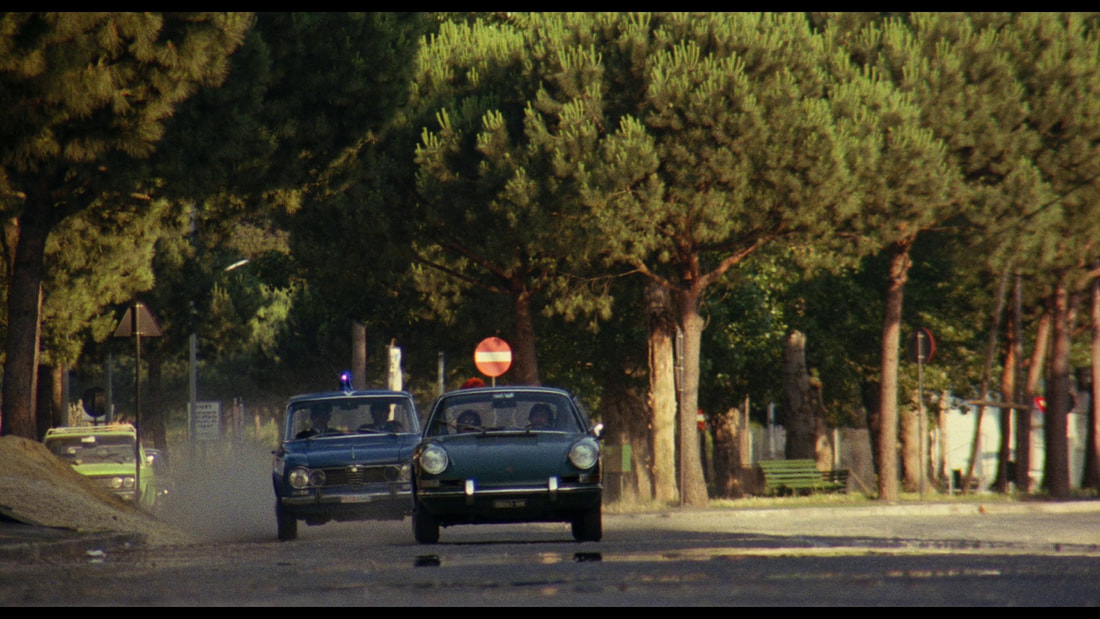
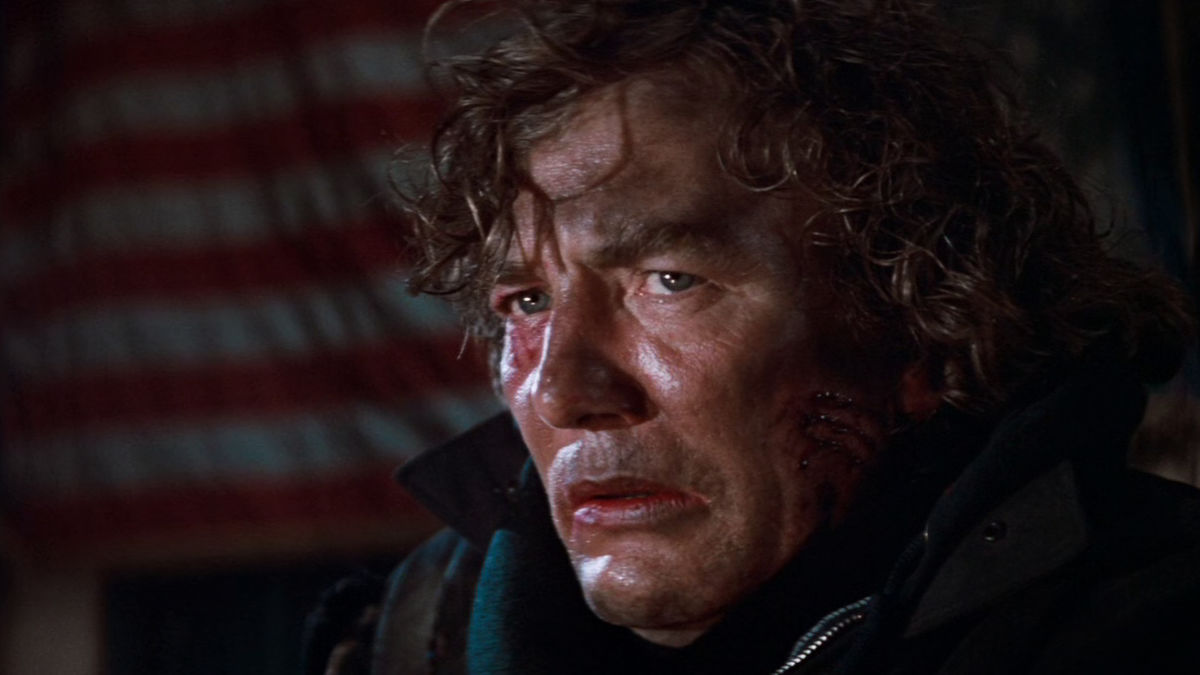
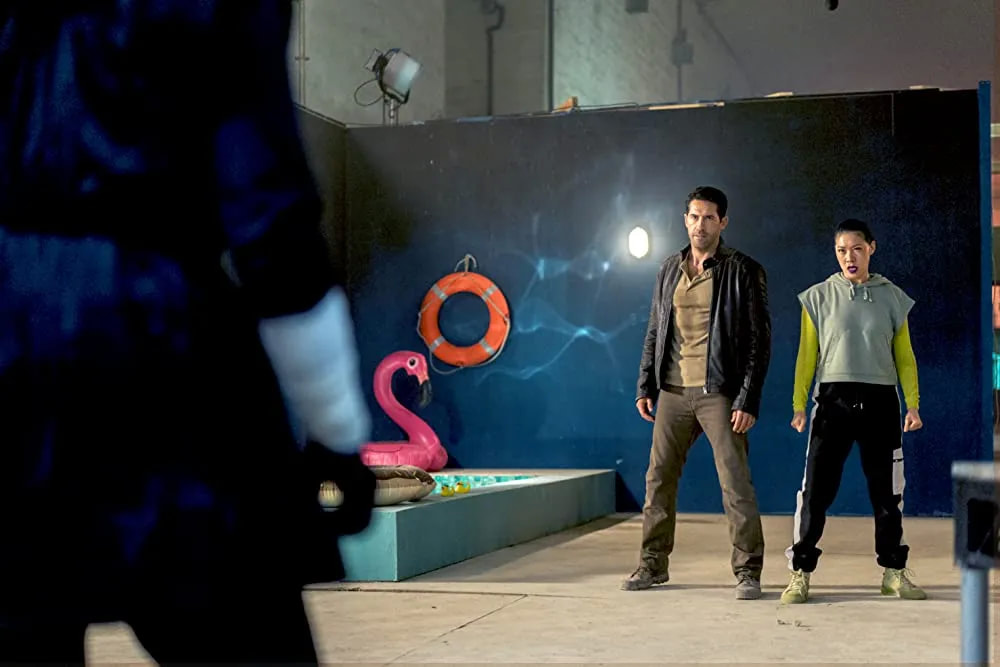
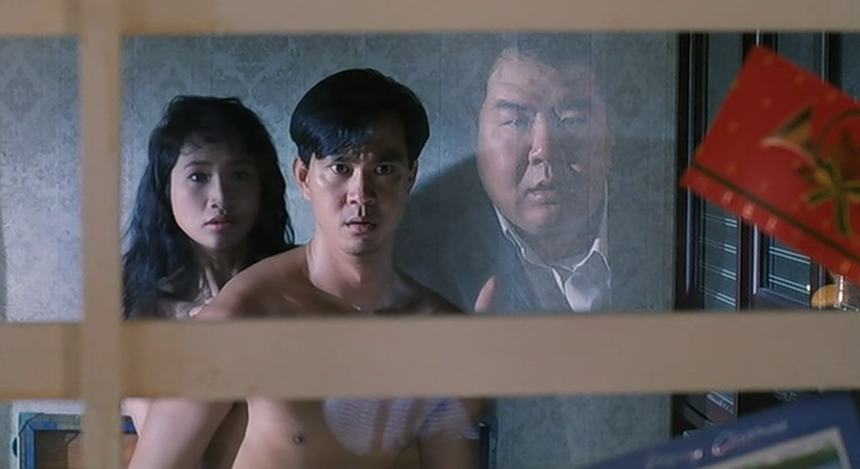

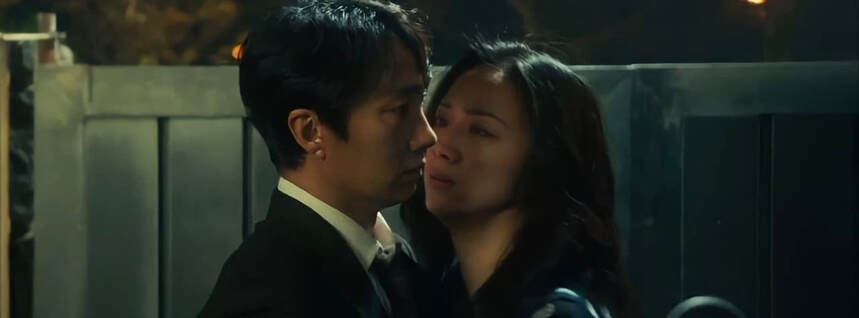
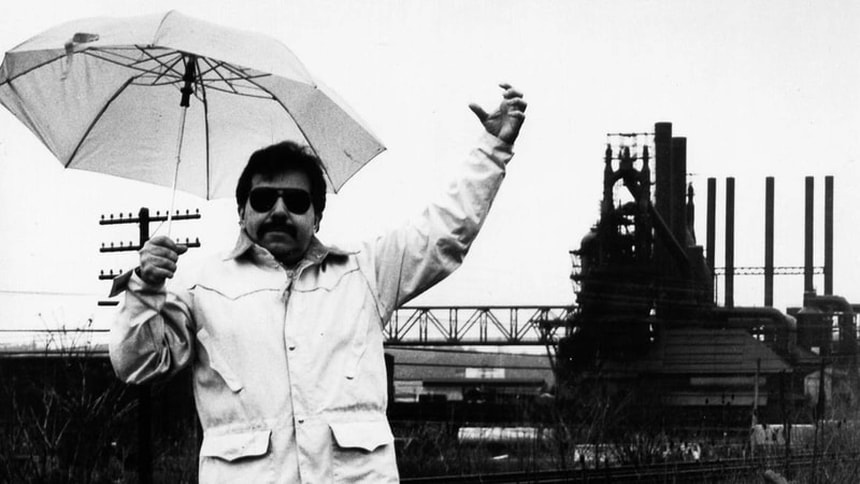
 RSS Feed
RSS Feed
